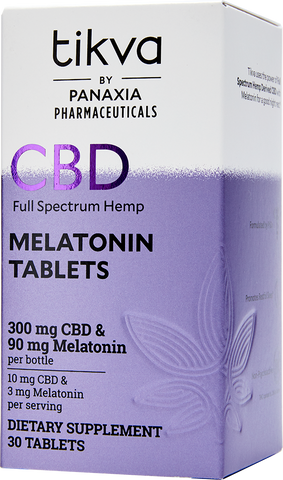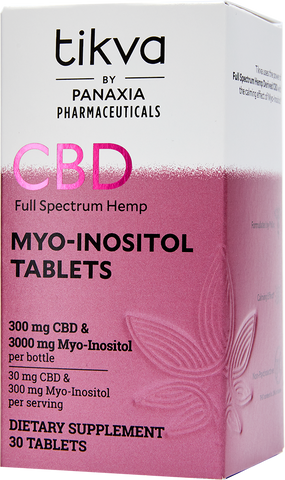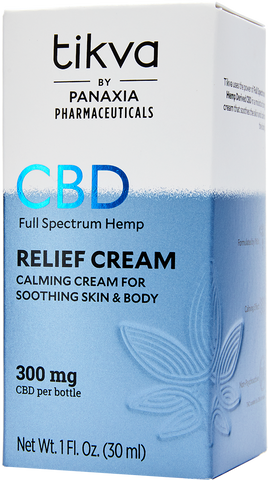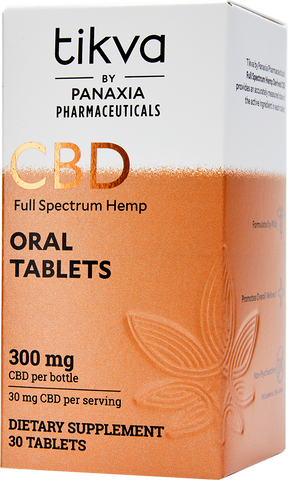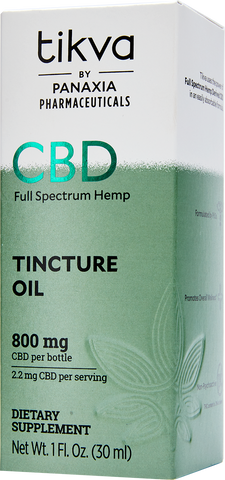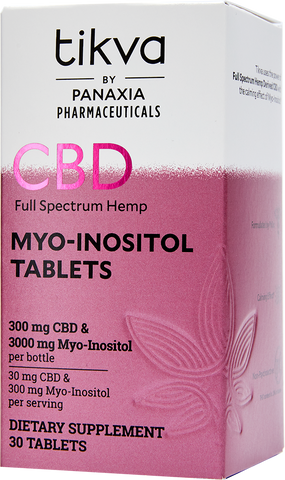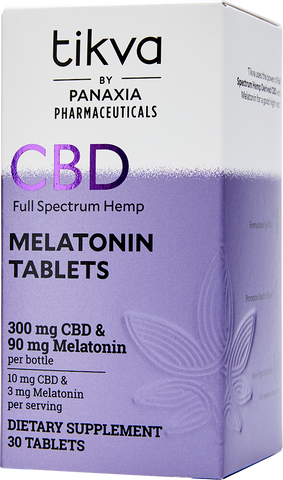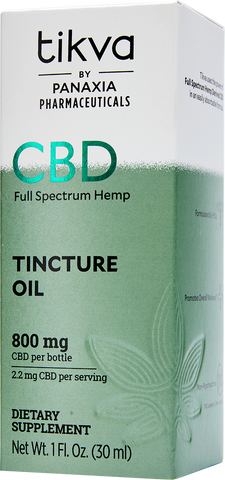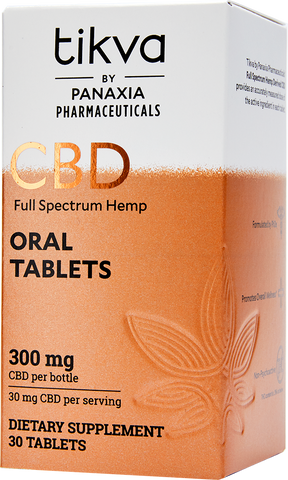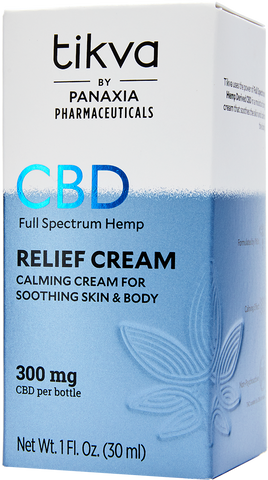Inadequate sleep is one of today’s major health issues. There are numerous sleep disorders impacting Americans today, including insomnia, sleep apnea, restless leg syndrome, snoring, and narcolepsy.
Every process in the body is affected by sleep-from p hysical functions and immune response to cognition and mood stability. Healthy sleep is not just determined by hours spent in bed, but more importantly, by quality and consistency
Almost half of all Americans experience sleepiness during the day (NSF), between 30-40% of adults in the U.S. report insomnia symptoms (Dopheide, 2020), and one in seven adults experience chronic insomnia (Sateia et al., 2017)
Sleep disorders and lack of sleep not only negatively impact an individual’s quality of life and finances, but society as a whole – due to fatigue - induced incidents including workplace accidents, car crashes, and medical errors (Hafner et al., 2017).
Prescription sleep medications are readily available but are typically a last resort for patients. Habit - forming medications with numerous negative side effects can be a major deterrent, with patients opting for over-the-counter and alternative solutions instead.
While OTC sleep aids are plentiful, it is difficult for patients to discern safe, effective, and protocoled solutions. Clinical studies show numerous benefits of cannabinoid therapies in treating sleep-related disorders.
The Endocannabinoid System and Sleep
Research demonstrate s that the endocannabinoid system (ECS) is involved in regulating the circadian sleep - wake cycle, including the maintenance and promotion of sleep (Murillo - Rodriguez et al., 2011). The ECS’s role in regulating the circad ian rhythm is tied to CB1 receptors’ GABAergic effect on the suprachiasmatic nuclei ( Kaul et al., 2021; Sanford et al., 20 08; Acuna-Goycolea et al., 2010).
CB1 receptors located in the pons and basal forebrain specifically (Murillo-Rodriguez, 2008) play an integral role in sleep induction and stability via their interaction with endocannabinoids and cannabinoids, including CBD (Pava et al., 2016). This c onnection was further demonstrated when a lack of restful sleep was discovered to cause dysregulation within the ECS (Vaughn at al., 2010).
CBD and Sleep
Research suggests CBD may be therapeutic for sufferers of insomnia, REM sleep behavior disorders, and excessive sleepiness during the day (Babson et al., 2017).
A clinical study indicated that CBD inhibits thee nzyme FAAH from degrading the endocannabinoid, AEA, increasing AEA’s concentrations (Peng et al., 2022; Bisogno et al., 2001), which preclinical data has shown promotes slow wave sleep (Murillo-Rodriguez et al., 2003)
CBD blocked anxiety-induced REM sleep suppression, but had no effect on NREM sleep, suggesting th at CBD may improve sleep quality through its analytic effects (Hsaio et al., 2012).
A study conducted to determine whether CBD helps improve sleep and/or anxiety in a clinical population showed anxiety scores in patients treated with CBD decreased within the first month in 79.2% of patients and sleep scores improved within the first month in 66% of patients (Shannon et al., 2019).
Sleep disorders that carry co-morbidity and the related physical and/or mental health issues associated with a lack of restful sleep often benefit from CBD therapies.
ANXIETY
Multiple studies on stimulated public speaking demonstrated that CBD significantly decreased participants’ general social anxiety and reduced cognitive impairment – suggesting CBD could be beneficial for people in stressful situations (Zuardi et al. 1993; Bergamaschi et. al., 2011; Zuardi et. al., 2017; Zuardi et. al., 2019).
The administration of oral CBD in addition to routine psychiatric care was associated with PTSD symptom reduction in adults. CBD also appeared to offer relief in a subset of patients who reported frequent nightmares as a symptom of their PTSD (Lucas et al., 2019).
PAIN
Evidence shows CBD has antioxidant and anti-inflammatory properties, and studies have c onfirmed CBD reduces the levels of pro-inflammatory cytokines, inhibits T-cell proliferation, induces T-cell apoptosis, and reduces migration and adhesion of immune cells (Sinemyiz Atalay, et al. 2019; Stefania Petrosino, et al. 2018).
In an eight-week study on 72 chronic pain patients, 53% reduced or eliminated their opioid treatments after adding CBD-rich hemp extract to their regimens. Almost all CBD users (94%) reported quality of life improvements, concluding that CBD could significantly reduce opioid use and improve chronic pain and sleep quality among patients who are currently using opioids for pain management (Capano et al., 2020)
Determine Which Tikva Product suites your patients’ sleep needs:

CBD Melatonin Tablets
A nightly supplement that combines the proven benefits of melatonin with the calming relief of CBD. Th ese ingredients work together to help your patients fall asleep, stay asleep, and wake up feeling refreshed in the morning.

CBD Oral Tablets
A daily natural supplement for patients seeking preventative relief and sustained wellness in a familiar, standard ized delivery method. Each tablet has 10mg of CBD, and patients can take up to three tablets daily.

CBD Tincture Oil
A natural and holistic solution to help optimize your patients’ wellness and improve their quality of life. Ideal for patients seeking da ily or as-needed, fast-acting relief in a flexible dosing delivery method.

CBD Myo-inositol Tablets
A daily supplement specially formulated to help your patients reduce stress. These tablets combine two naturally occurring compounds, CBD and Myo-inositol, to calm the mind and ease tension without a habit-forming prescription.
HAVE MORE QUESTIONS?
Are you a healthcare practitioner? Get in touch with our service team, powered by PharmaCentra Physician Support!
Available weekdays: 9am-6PM EST, Monday-Friday
Phone: 833-30-TIKVA (833-308-4582)
Email: TIKVA@physician-reach.com
Are you a patient or customer? Get in touch wtih our customer support team!
Available weekdays: 9AM-5PM PST
Phone: 888-9963599
Email: info@tikvahealth.com
